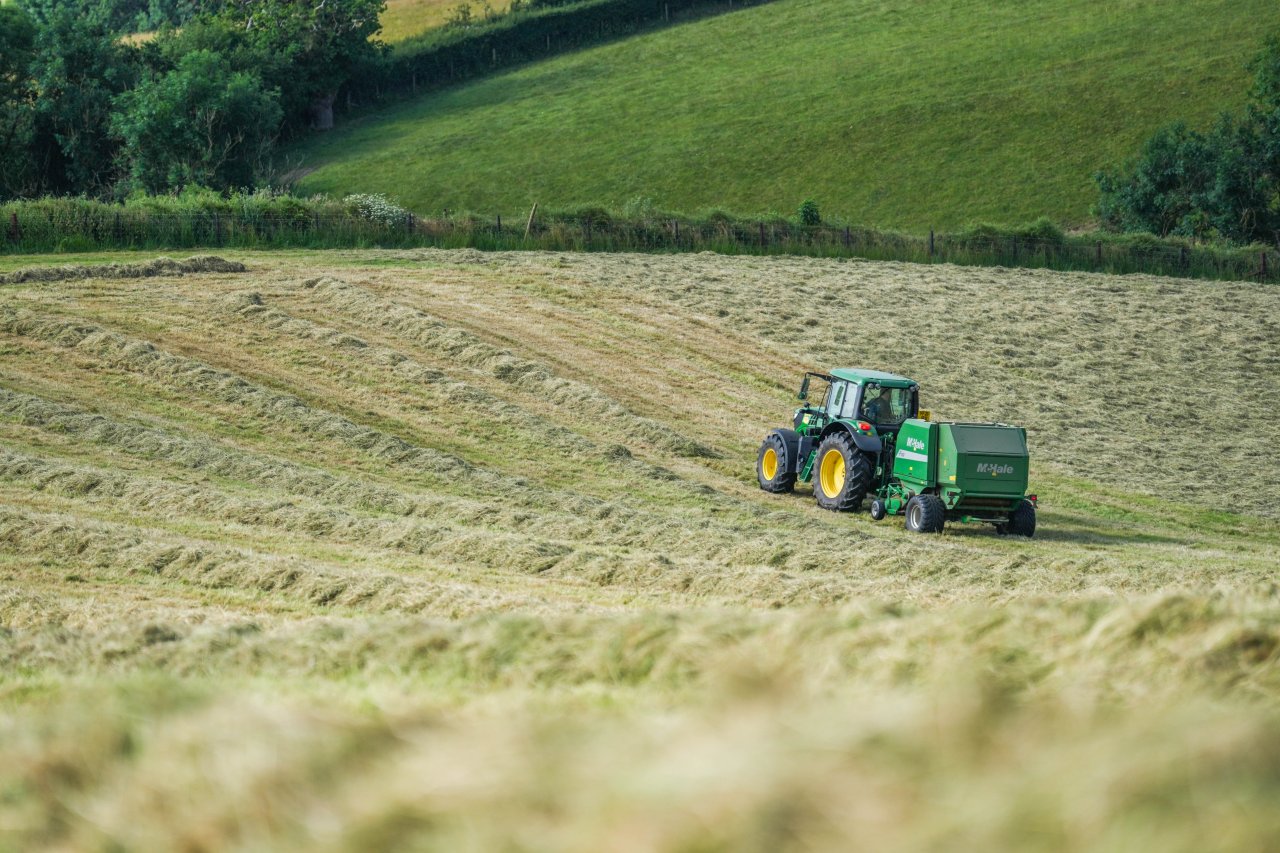Services tailored to you...
With over five decades’ experience serving a diverse range of clients in the South West, we possess an unbeatable depth of knowledge across a wide range of industry sectors.
Our specialist partners and teams can provide expert advice on everything from farming and agriculture, to military tax allowances. We’re here to help you make the most of your planning opportunities so that you can grow with confidence.
Harvesting new skills: income tax relief for training costs
HMRC has recently revised its guidance on income tax relief for training costs and, arguably, there is a slight relaxation.
Staff training
The cost of staff training is (almost) always tax deductible, but it should be noted that ‘staff’ means employees paid under PAYE, and not contractors, family members or business partners.
Wholly and exclusively
To qualify for income tax deduction, any expenditure must be incurred ‘wholly and exclusively’ for the purposes of the business. Staff training will normally satisfy that test, but university degrees and other new qualifications for family members will not!
Capital v revenue
Another general principle is that ‘capital’ expenditure is normally disallowed for income tax relief, except where it is of a specific type that qualifies for capital allowances.
Proprietor training: ineligible costs
The following examples of proprietor training would not qualify for income tax relief:
Training for a proprietor to start a separate business or activity (eg a farmer intending to go into residential or holiday letting).
A farmer taking a general finance course that does not directly relate to farm management or operations.
An HGV driving course, unless it directly supports the farm’s business activities (eg haulage to market).
A course in personal development or hobbies, such as photography, unless it is directly for promotion of the farm’s produce (eg marketing farm products online).
Proprietor training: eligible costs
The training costs that are income tax deductible for a sole trader or partner are those incurred to keep current skills up to date or to keep up with technical changes and matters that are ancillary to the existing trade.
These income tax deductible training costs include:
Bookkeeping and digital skills courses for the business.
Training required by new regulations to continue existing work (eg spraying and fork lift certificates).
An arable farmer learning about organic farming techniques to meet rising consumer demand.
A livestock farmer taking a course in animal nutrition to improve herd health and productivity.
Conclusion
HMRC's updated guidance is welcome in that it now acknowledges that training costs incurred for a sole trader’s or partner’s existing business activity can be tax deductible even where new expertise is being acquired. However, the training must be directly for the existing business activity.
To learn more about the available tax reliefs for training costs and how they can benefit your business, please get in touch with us. Our experts can help you navigate HMRC regulations and maximise your opportunities.
